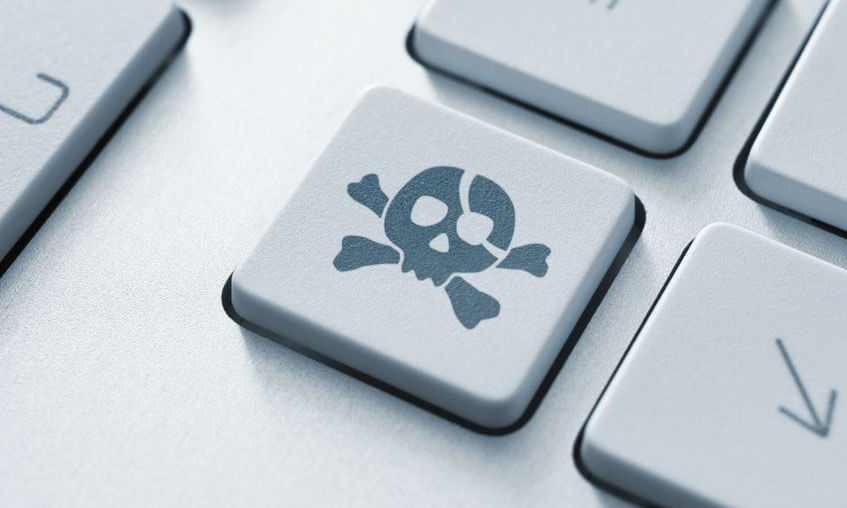Internet users in the UK will soon find that browsing for pirated music and movies and illegal streams isn't as easy as it used to be, after a 'Voluntary Code of Practice' was drawn up by the government that reduces the visibility of copyright-infringing sites.
Google, Bing, the Motion Picture Association, and the British Phonographic Industry (BPI) have all signed the code, which will accelerate the demotion of illegal sites following takedown notices from rights holders. The UK's Intellectual Property Office states that if a DMCA notice is upheld, the site's link will be removed from "the first page of search results."
"Sometimes people will search for something and they will end up unwittingly being taken to a pirated piece of content," said Eddy Leviten, director general at the Alliance for Intellectual Property. "What we want to ensure is that the results at the top of the search engines are the genuine ones. It is about protecting people who use the internet, but also protecting the creators of that material too."
Additionally, the code means users who search for movies, music, digital books, and sports coverage will more likely be directed to legitimate content providers rather than pirate sites, The Guardian reports.
The changes, schedule to roll out by June 1, will run alongside the UK's existing anti-piracy measures, which includes court-ordered site blocking, written warnings, attempts to reduce advertising on illegal sites, and consumer education campaigns.
The BPI admits that the change "will not be a silver bullet fix" - most people access their favorite pirate sites directly rather than via search engines. But it could mean fewer people unintentionally discovering illegal content.
